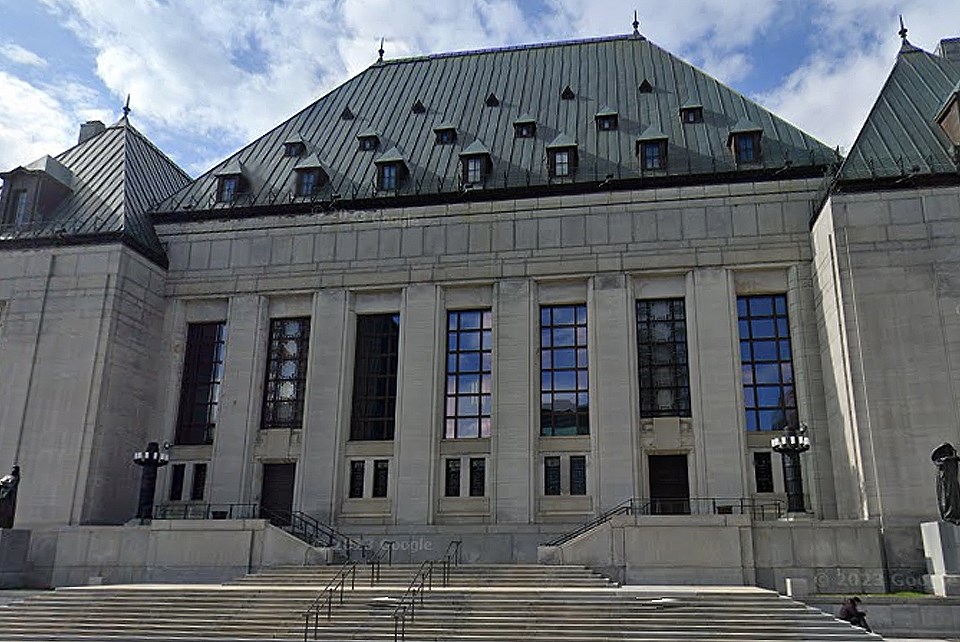SAULTEAUX FIRST NATION — Saulteaux First Nation has learned its request to seek to appeal to the Supreme Court of Canada regarding land it surrendered beside Jackfish Lake in a prior agreement between the Governments of Canada and Saskatchewan was dismissed in a Supreme Court of Canada notice on Feb. 6.
The First Nation was disputing an exchange of land agreement in which Saulteaux First Nation surrendered 207 acres of Jackfish Lake waterfront land on Indian Reserve 159 in Saskatchewan (the Surrender Land) in 1960, in exchange for 4,970 acres of provincial Crown land near Birch and Helene Lake (the Exchange Land) and $20,000 from the Government of Saskatchewan. The provincial government provided the First Nation with the Exchange Land.
Lawyer, Ryan M. Lake, member of the team from Maurice Law representing Saulteaux First Nation, said the Supreme Court of Canada declined to hear the appeal from the Federal Court of Appeal, upholding the decision of the Specific Claims Tribunal that determined the land surrender and exchange was lawful.
"Essentially, that's the end of the road. The case is now over," he told Â鶹ÊÓƵ. "It's unfortunate. Because this morning they've declined the leave to appeal [request], the case is effectively over."
He noted if Saulteaux won its appeal the outcome may have been not a return of the Surrender Land but the cost of damages in lieu of the land.
"The Tribunal doesn't award land; it only awards money as compensation in lieu of land," he said.
Lake said Saulteaux First Nation is "very disappointed" with the outcome of the case.
"The Tribunal got it wrong. The Federal Court of Appeal got it wrong. And the Supreme Court of Canada won't provide us any Leave [to Appeal]. The result is the First Nation has been deprived permanently of those lands it selected pursuant to Treaty, including their only access to their traditional fishing grounds at Jackfish Lake."
The Exchange Land in comparison provided only limited resources the First Nation could benefit from.
"The surrender and exchange from our view was transacted with an unlawful band council document," Lake added. "It really does leave a sour taste in everybody's mouth. There is not much more you can do at this point. There is a considerable amount of deference that is afforded to the Tribunal and its decision-making. There wouldn't be any further recourse, but for political avenues."
The Tribunal made a decision. The Federal Court of Appeal said that it was a reasonable decision. And the Supreme Court of Canada has declined to hear anything further about it, he added.
"The court's opinion is there is no evidence that the First Nation did not understand the terms of the [land] surrender...," Lake said. "Of course, obviously the First Nation completely disagrees. Here we are 65 years later still fighting to overturn it."
He noted the Supreme Court of Canada should have granted the First Nation Leave to Appeal and overturned the decision of the Tribunal on the basis that there was no bona fide band council resolution passed by chief and council in 1960 for the Land Surrender.
"The Government of Canada actively suppressed other options in the transaction, which deprived the First Nation of making an informed decision on the proposal," Lake said.




